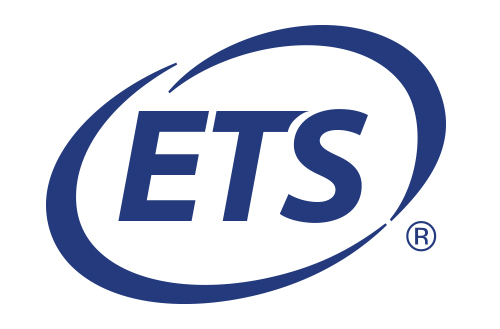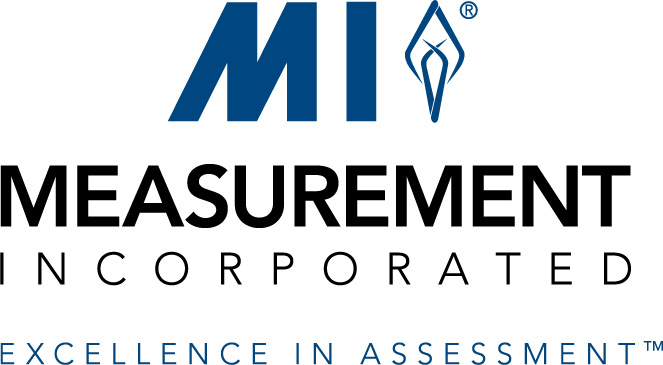ITEMS Portal
Module 29: Differential Step Functioning for Polytomous Items
Product not yet rated
-
Register
- Learner - Free!
Traditional methods for examining differential item functioning (DIF) in polytomously scored test items yield a single item-level index of DIF and thus provide no information concerning which score levels are implicated in the DIF effect. To address this limitation of DIF methodology, the framework of differential step functioning (DSF) has recently been proposed, whereby measurement invariance is examined within each step underlying the polytomous response variable. The examination of DSF can provide valuable information concerning the nature of the DIF effect (i.e., is the DIF an item-level effect or an effect isolated to specific score levels), the location of the DIF effect (i.e., precisely which score levels are manifesting the DIF effect), and the potential causes of a DIF effect (i.e., what properties of the item stem or task are potentially biasing). This article presents a didactic overview of the DSF framework and provides specific guidance and recommendations on how DSF can be used to enhance the examination of DIF in polytomous items. An example with real testing data is presented to illustrate the comprehensive information provided by a DSF analysis.
Keywords: differential item functioning, DIF, differential step functioning, DSF, graded response model, invariance, polytomous items
Randall D. Penfield
Professor, Educational Research Methodology, University of North Carolina at Greensboro, NC
Dr. Penfield is Dean of the School of Education and a Professor of educational measurement and assessment. His research focuses on issues of fairness in testing, validity of test scores, and the advancement of methods and statistical models used in the field of assessment. In recognition of his scholarly productivity he was awarded the 2005 early career award by the National Council on Measurement in Education, and was named a Fellow of the American Educational Research Association in 2011. In addition, he has served as co-principal investigator or consultant on a numerous federal grants funded by the National Science Foundation and the Department of Education.
Karina Gattamorta
Research Associate Professor at the School of Nursing and Health Studies, University of Miami
Karina Gattamorta is a Research Associate Professor at the School of Nursing and Health Studies at the University of Miami. She earned her PhD in Educational Research, Measurement, and Evaluation in 2009 from The School of Education at UM and an EdS in School Psychology in 2005 from Florida International University. In her current role, she teaches courses in introductory and intermediate statistics, measurement, and research methods in both graduate and undergraduate programs. In 2013 she was awarded a Diversity Supplement that allowed her to expand on her interests tackling health disparities among Hispanic adolescents, and in particular, the interconnectedness of family functioning, mental health, and substance abuse. More recently, she began pursuing research interests examining the relationships between family functioning, mental health, substance abuse, and risky sexual behaviors in Hispanic lesbian, gay, bisexual, and transgender (LGBT) adolescents. Her current research examines the role of families and the coming out experiences of Hispanic sexual minorities. Her research aims to understand and ultimately help reduce health disparities in mental health, substance abuse, and HIV risk among sexual minorities.
Ruth A. Childs
Ontario Research Chair, Ontario Institute for Studies in Education of the University of Toronto
Ruth Childs conducts research on the design and equity of large-scale assessments, admissions processes, and other evaluation systems. Her most recent large research projects investigated how elementary students deal with uncertainty when answering multiple-choice questions and what Ontario's universities are doing to improve access for underrepresented groups.

















